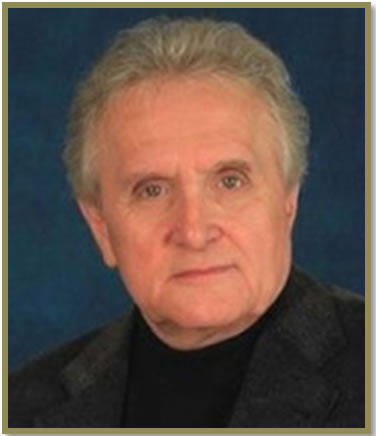These musings, written between March 2016 and December 2017, began as brief blog posts. They were put together around the time that James was developing some of his thoughts, feelings, and intuitions behind his Leaving Home Trilogy. Not only do they provide an insight into the sort of family life we’ve all led, in one form or another. But they also offer an insight into the writing process itself, with the occasional thought-provoking question for any writer.
Podcast Reviews
- CMO
 by Wisljille from United States
by Wisljille from United StatesStruggling with who you are or how you can make the changes needed to be happier in your life, work or relationships? This weeks podcast by Judith and Jimreally hit home. Time for me to refocus on my internal self and needs. Thanks for the reminder!!!
- Practical and works!
 by Emm2372 from United States
by Emm2372 from United StatesThe difference between Jim&Judith and other career coaches is that they understand the psychological reason behind behaviors and therefore can eradicate the root problems. I had the opportunity to talk to them a few times while working at a tech company. They never talked about any high level principle or abstract concepts, but only gave practical suggestions which no one mentioned to me before. And it worked.
- Great Wisdom From Great People
 by paulrbruno from United States
by paulrbruno from United StatesJudith and Jim bring a lifetime of wisdom to their podcast and share great insights that can help anyone become more fabulous. Presenting thier knowledge in small segments aids in being able to absorb the material and apply it. In sum, great wisdom from great people!
- CMO
 by Wisljille from United States
by Wisljille from United StatesStruggling with who you are or how you can make the changes needed to be happier in your life, work or relationships? The Judith and Jim podcast provides valuable insights to learn the art of self-care and how it will positively impact your life. Don’t forget to do the homework in the podcasts – very thought provoking. Bravo!
- Masterful wisdom
 by Pigeonsailor from United States
by Pigeonsailor from United StatesJudith and Jim are so incisive and thought-provoking. I look forward to continuing to learn from them.
Recent Posts
- Jim received a Book Excellence Award!
- More Award Wining “Faction”
- Ep.157 ~ Do You Rely On Luck Or Fate? ~ Overcoming the Fear of Being Fabulous—Podcast
- Ep.156 ~ How Well Do You Handle Disappointment? ~ Overcoming the Fear of Being Fabulous—Podcast
- Ep.155 ~ Gratitude ~ Overcoming the Fear of Being Fabulous—Podcast
